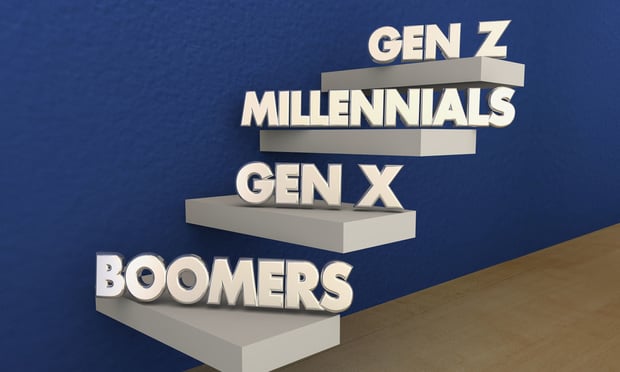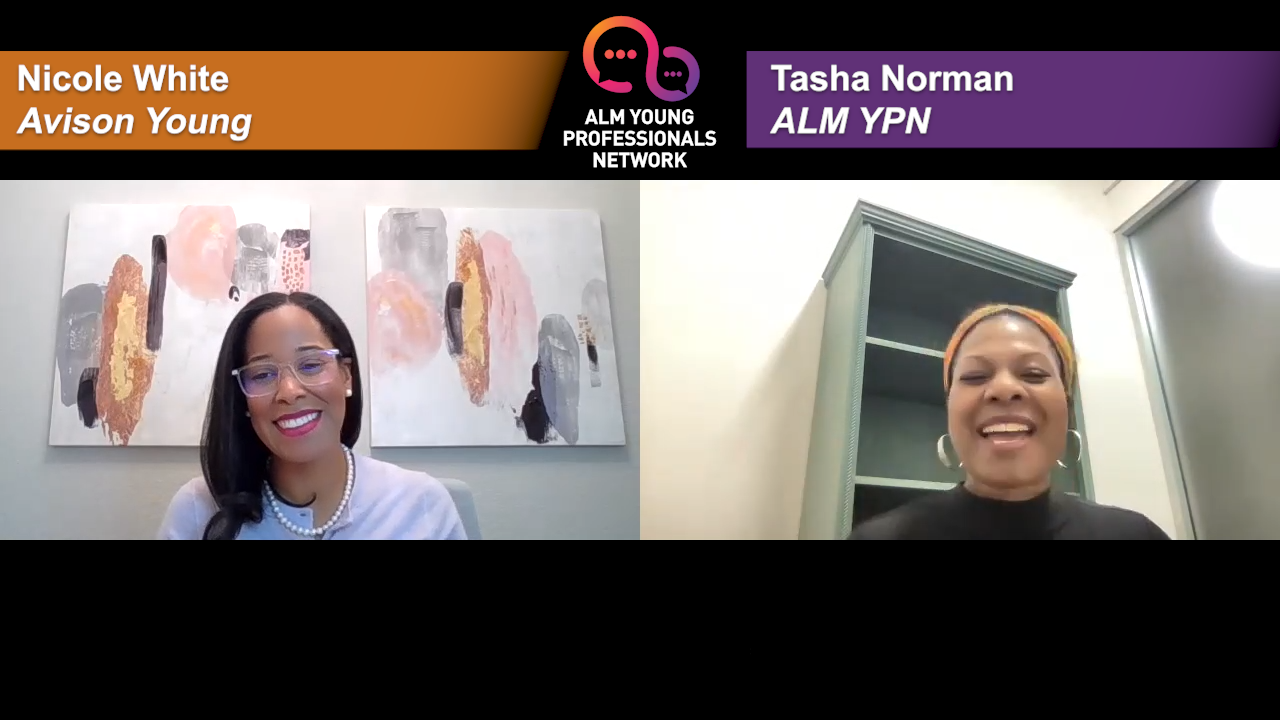MADISON, NJ—The most technology-savvy generation in the workforce, Millennials nonetheless are not quite as wedded to living their lives online as conventional wisdom might suggest. Even as e-commerce becomes increasingly formidable, the majority of Millennials would rather shop at a store.
That's among the key findings of a survey conducted by Coldwell Banker Commercial Affiliates to judge similarities and differences among Millennials, Gen Xers and Baby Boomers in terms of interacting with retail stores. However, CBC president and COO Fred Schmidt tells GlobeSt.com that although nearly three quarters of Millennials enjoy the experience of being in a store—more so than Baby Boomers, in fact—and would prefer to buy products there, this doesn't constitute a license for retail occupiers and owners to be complacent.
“The customer experience element is key,” says Schmidt, adding that the retailers that are succeeding with brick-and-mortar stores as part of an omnichannel environment understand this and act accordingly. “It's that blending together of where you live, work and play—those types of things have to be paid attention, and then what are the demands as a result of that, in terms of how you configure space.”
He cites Williams-Sonoma as an example. “They're looking to expand their stores' square footage and offer more demonstrations of the products in their stores, offer more cooking demonstrations and create a total customer experience.”
The Apple Store, “where you have people lined up at the Genius Bar to handle products and try them out,” is another illustration of customer-experience creation in action, says Schmidt. And activewear retailer Lululemon, with stores located mainly in urban downtowns rather than shopping malls, focuses mainly on social media to create the customer experience. “It's that integrated, omnichannel experience that's key.”
While their numbers are similar to those of Baby Boomers when it comes to preferring to make purchases in a store rather than online—74% of Millennnials say this, compared to 76% of Boomers—Schmidt again sounds the omnichannel theme. More so than Boomers, Millennials tend to research products online and then buy them at a physical store if the prices are similar between the two channels. Conversely, they're also more likely than Baby Boomers to buy a product online after first seeing it in a store.
Even so, Schmidt notes that the survey's key finding with regard to Millennial shopping habits flew in the face of preconceived notions. “The conventional wisdom was that Millennials had a predisposition to e-commerce, and the surprise was that they do want to be in a physical location,” he says.
He adds, “They're going to research products online through their mobile devices, and that's not going to change, that's not going away. But the channel that they go through to buy the goods is going to be e-commerce, traditional retailing or bricks-and-clicks. And that was the premise of the survey. It was like, 'Okay, everybody's saying this, but here's the reality of what the Millennials are thinking.' ” The survey of 2,065 adults was conducted online for CBC by Harris Poll between July 29 and 31.
© Touchpoint Markets, All Rights Reserved. Request academic re-use from www.copyright.com. All other uses, submit a request to [email protected]. For more inforrmation visit Asset & Logo Licensing.







